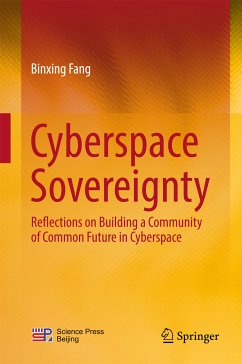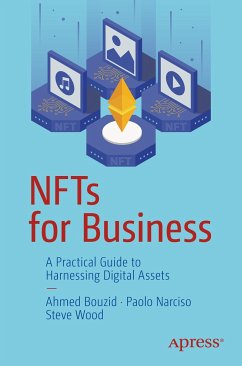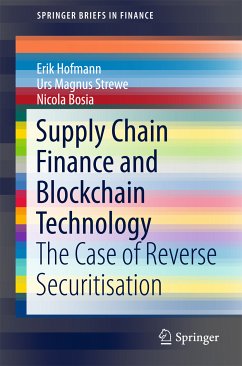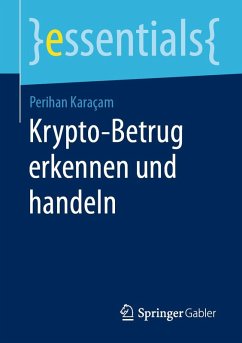
Blockchain Gaps (eBook, PDF)
From Myth to Real Life
Redaktion: Matsuo, Shin'Ichiro; Sakimura, Nat
Versandkostenfrei!
Sofort per Download lieferbar
46,95 €
inkl. MwSt.
Weitere Ausgaben:

PAYBACK Punkte
23 °P sammeln!
This book analyzes the fundamental issues faced when blockchain technology is applied to real-life applications. These concerns, not only in the realm of computer science, are caused by the nature of technological design. Blockchain is considered the foundation of a wide range of flexible ecosystems; its technology is an excellent mixture of mathematics, cryptography, incentive mechanisms, economics, and pertinent regulations. The book provides an essential understanding of why such fundamental issues arise, by revising the underlying theories. Blockchain theory is thus presented in an easy-to...
This book analyzes the fundamental issues faced when blockchain technology is applied to real-life applications. These concerns, not only in the realm of computer science, are caused by the nature of technological design. Blockchain is considered the foundation of a wide range of flexible ecosystems; its technology is an excellent mixture of mathematics, cryptography, incentive mechanisms, economics, and pertinent regulations. The book provides an essential understanding of why such fundamental issues arise, by revising the underlying theories. Blockchain theory is thus presented in an easy-to-understand, useful manner. Also explained is the reason why blockchain is hard to adopt for real-life problems but is valuable as a foundation for flexible ecosystems. Included are directions for solving those problems and finding suitable areas for blockchain applications in the future.
The authors of this work are experts from a wide range of backgrounds such as cryptography, distributed computing, computer science, trust, identity, regulation, and standardization. Their contributions collected here will appeal to all who are interested in blockchain and the elements surrounding it.
The authors of this work are experts from a wide range of backgrounds such as cryptography, distributed computing, computer science, trust, identity, regulation, and standardization. Their contributions collected here will appeal to all who are interested in blockchain and the elements surrounding it.
Dieser Download kann aus rechtlichen Gründen nur mit Rechnungsadresse in A, B, BG, CY, CZ, D, DK, EW, E, FIN, F, GR, HR, H, IRL, I, LT, L, LR, M, NL, PL, P, R, S, SLO, SK ausgeliefert werden.












